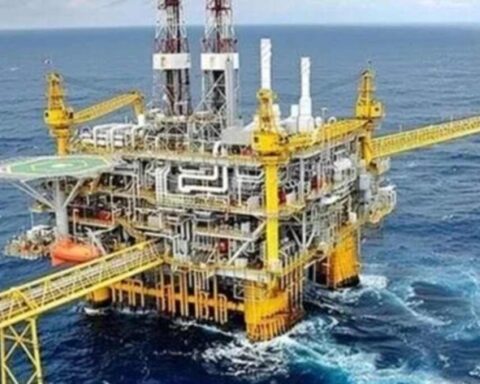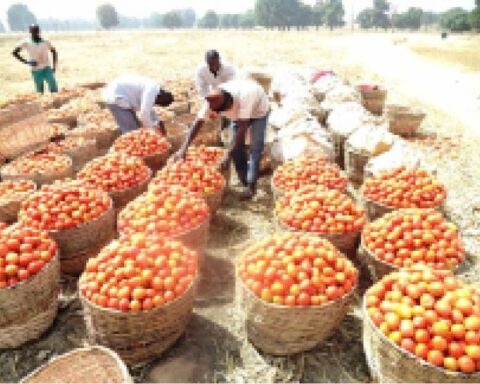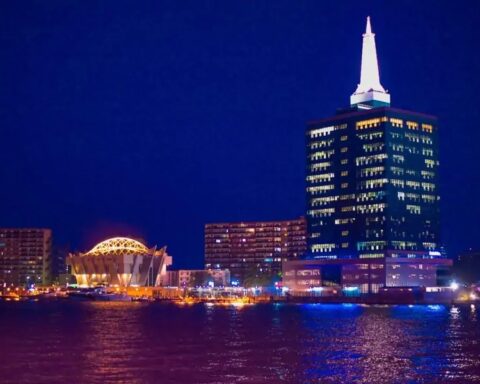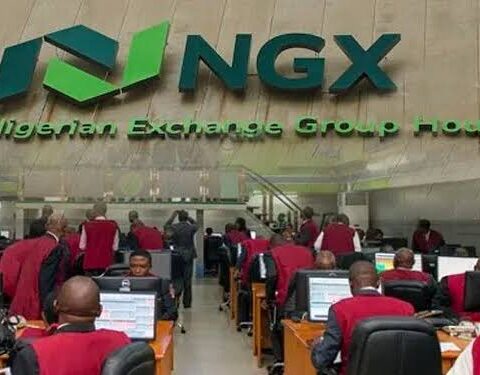The Federal Government has stated that the Nigerian National Petroleum Company Limited (NNPC) lacks the necessary funds to rebuild aging pipelines.
The Minister of State for Petroleum Resources (Oil), Heineken Lokpobiri, made this declaration at the recently concluded Energy and Labour Summit 2024, organized by the Petroleum and Natural Gas Senior Staff Association of Nigeria in Abuja.
While addressing the divestment of international oil companies and the need to increase production, Lokpobiri stressed that Nigeria also needs to repair its pipelines, which he described as old, corroded, and expired. He highlighted the challenges of evacuating crude oil to terminals, even if the country could produce more than 1.7 million barrels daily.
“Part of our problem is that pipelines that were traditionally transporting our crude were built in the 1960s and the 1970s, and their lifespan is long over. We have identified that even when we can produce, evacuation is a big problem. The reason why pipeline vandalism is very easy to do is because the pipelines have all expired; they are completely corroded, and so, anybody can just go and tap it, and the thing is busted. But there are better technologies, which are more expensive; there are better pipelines that other people are using in other countries, but they are not cheap. We also need to change our model.”
Lokpobiri questioned NNPC’s financial capability to replace these pipelines, saying, “Now, the NNPC that is our joint venture partner, do they have the money to be able to replace these pipelines? I think NNPC will speak for themselves whether they have the money to be able to do that, and I don’t think they have.”
As a result, he called for public-private partnerships to address the issue of old pipelines, noting, “That is why we have to go for the global model – PPP. We have to get the private sector to come in.” He further emphasized that attracting private sector investment requires confidence in the country, something he said had been lacking in the past 12 years, during which no foreign investment was made in the nation’s oil sector. “When this government came, we tried to rebuild the confidence, and investors are coming,” Lokpobiri added.
The Minister also discussed the ongoing issue of fuel smuggling from Nigeria to neighboring countries, attributing it to NNPC’s practice of importing and selling fuel below the landing cost.
“Nigeria plays a very critical role in the energy security in Africa. That is why whatever PMS we import into Nigeria finds its way to the whole of West Africa. That is why smuggling cannot stop. If NNPC imports PMS and sells to marketers at perhaps N600 or below, there’s no way that smuggling can stop,” he said, adding that security agents at the borders are also involved.
“When smugglers are taking the products outside the country, even if you put all the policemen on the road, they are Nigerians; you and I know the answer. If you put all the customs men on the road, they are Nigerians, you and I know what the problem is, and that is why I’m saying that for Africa to attain energy security, Nigeria has to play a very strategic role.”
Regarding the supply of crude to Dangote and other local refineries, Lokpobiri expressed concern that this might be jeopardized unless production is significantly increased.
“Our ambition is to ramp up production. It is only when we ramp up production that the midstream and downstream can also be successful. You know we resolved at the Federal Executive Council to sell crude to local refineries – Dangote and the other refineries that are refining products for local consumption. But the bigger challenge is whether we have enough quantity to be able to supply them because of certain things that happened before we came. You will agree with me that when I became minister one year ago, we were doing barely about a million barrels, but today we’re doing 1.7mbpd approximately, inclusive of condensate,” Lokpobiri said.
He concluded by stating, “Supporting local refining is the way to go. We can look for investors to explore and bring out this crude so we will be able to meet both our domestic obligations and also export some to be able to raise more dollars and meet our obligations. We are committed to ensuring we support local refineries with all the feedstock. If you must supply refineries in Nigeria and you don’t have the crude to supply, it remains something that is written beautifully in a law.”
He also assured that the Federal Government would ensure fair competition among both small and large refiners.



























